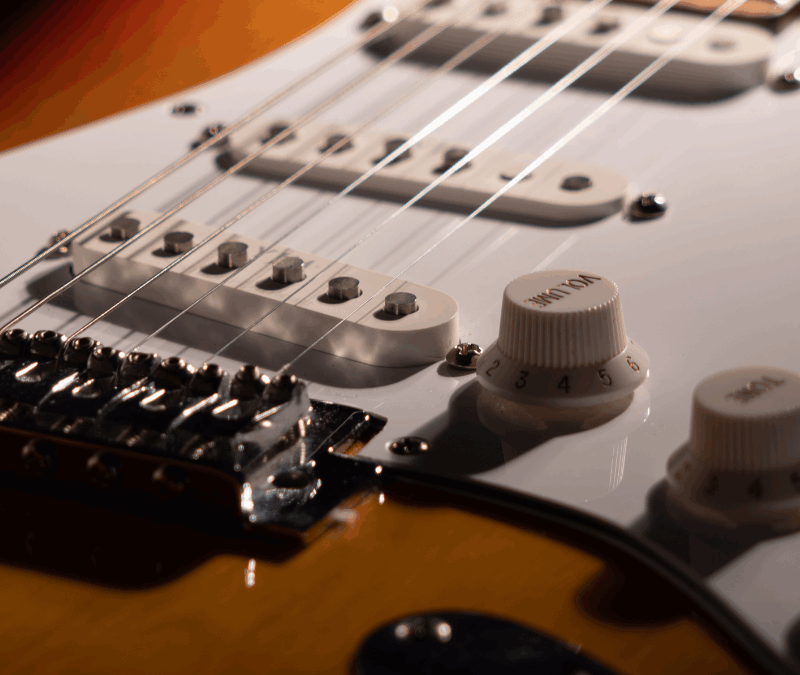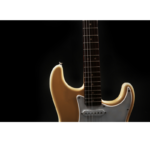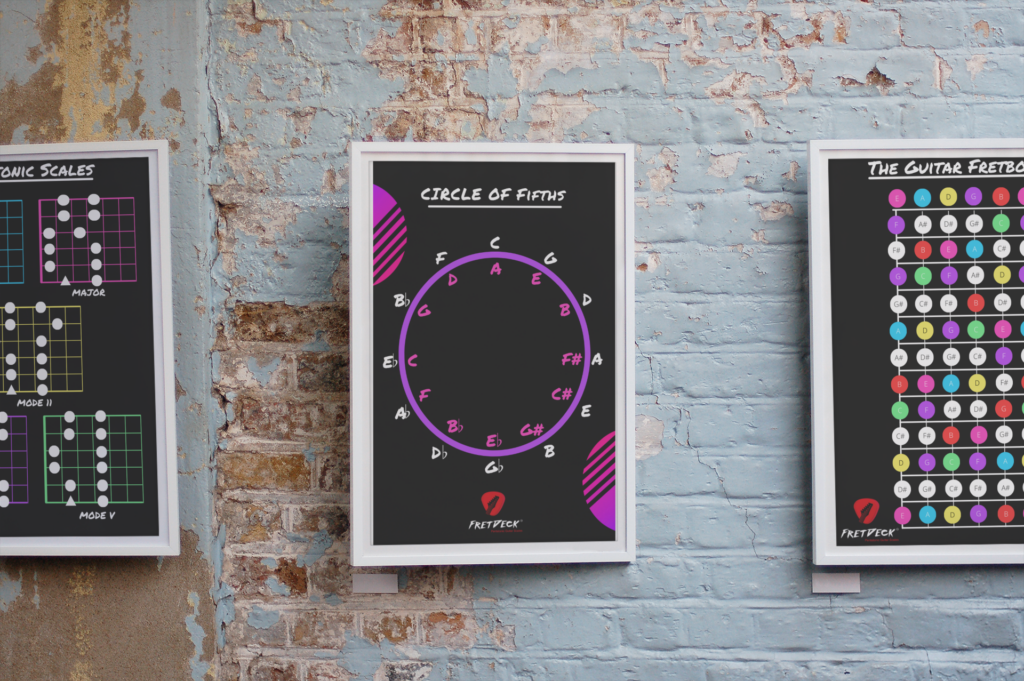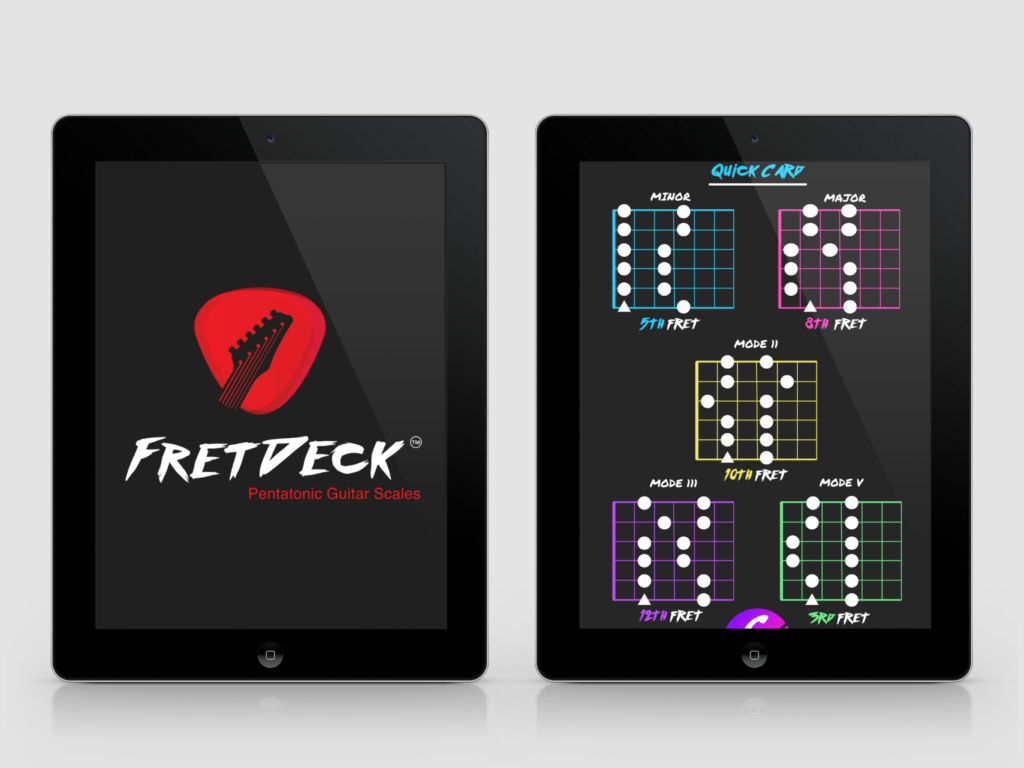The minor pentatonic scale on guitar is a foundational tool for expressing emotion and crafting compelling solos. Whether you’re delving into blues, rock, or jazz, mastering this scale unlocks a world of musical possibilities.
🎯 Understanding the Minor Pentatonic Scale
The minor pentatonic scale consists of five notes: the root (1), minor third (♭3), perfect fourth (4), perfect fifth (5), and minor seventh (♭7). For example, in A minor, the notes are A, C, D, E, and G. This scale is favored for its versatility and the absence of half steps, which reduces dissonance and makes it ideal for improvisation.
🧠 The Five Positions Across the Fretboard
Learning the five positions of the minor pentatonic scale allows you to navigate the entire fretboard with confidence. Each position offers unique phrasing opportunities and connects seamlessly to the next, enabling fluid movement across the neck.
🎸 Practical Exercises to Internalize the Scale
- Box Pattern Practice: Start with the first position (box pattern) of the A minor pentatonic scale. Play it ascending and descending, focusing on clean transitions and timing.
- Sequence Drills: Practice sequences like playing three notes up and one down, or four-note groupings, to build muscle memory and improvisational ideas.
- Connecting Positions: Work on linking adjacent positions by shifting between them smoothly, which enhances your ability to solo across the fretboard.
- Rhythmic Variations: Use a metronome to practice the scale with different rhythmic patterns, such as triplets or sixteenth notes, to develop timing and groove.
🚀 Introducing FretDeck™: Your Ultimate Practice Companion
To accelerate your mastery of the minor pentatonic scale, we’re launching FretDeck™ on Kickstarter—a comprehensive system designed to make learning scales intuitive and engaging.
FretDeck™ Features:
- Visual Fretboard Maps: Cards displaying scale positions with root notes highlighted.
- Practice Prompts: Exercises and licks to apply each position musically.
- Digital Access: Online resources, including backing tracks and video tutorials.
Why FretDeck™?
Traditional scale charts can be overwhelming. FretDeck™ simplifies the learning process by breaking down each position into manageable chunks, making it easier to understand and apply the minor pentatonic scale in real musical contexts.Justin Guitar
👉 Support FretDeck™ on Kickstarter

❌ Stop Guessing. Start Shredding.
If you’re still fumbling through scale patterns and box shapes… it’s costing you progress.
FretDeck™ is the no-fluff system that shows you exactly how to master the fretboard—fast. Early access.
⚡️ This isn’t for dabblers. It’s for players who want results.
👉 Click here to join the pre-launch now
Early access. Limited rewards. Don’t wait.
🤝 Join Our Guitar Community on Discord
Learning is more effective when shared. Join our Discord community to connect with fellow guitarists, share progress, and receive feedback. It’s a space dedicated to growth and mutual support.
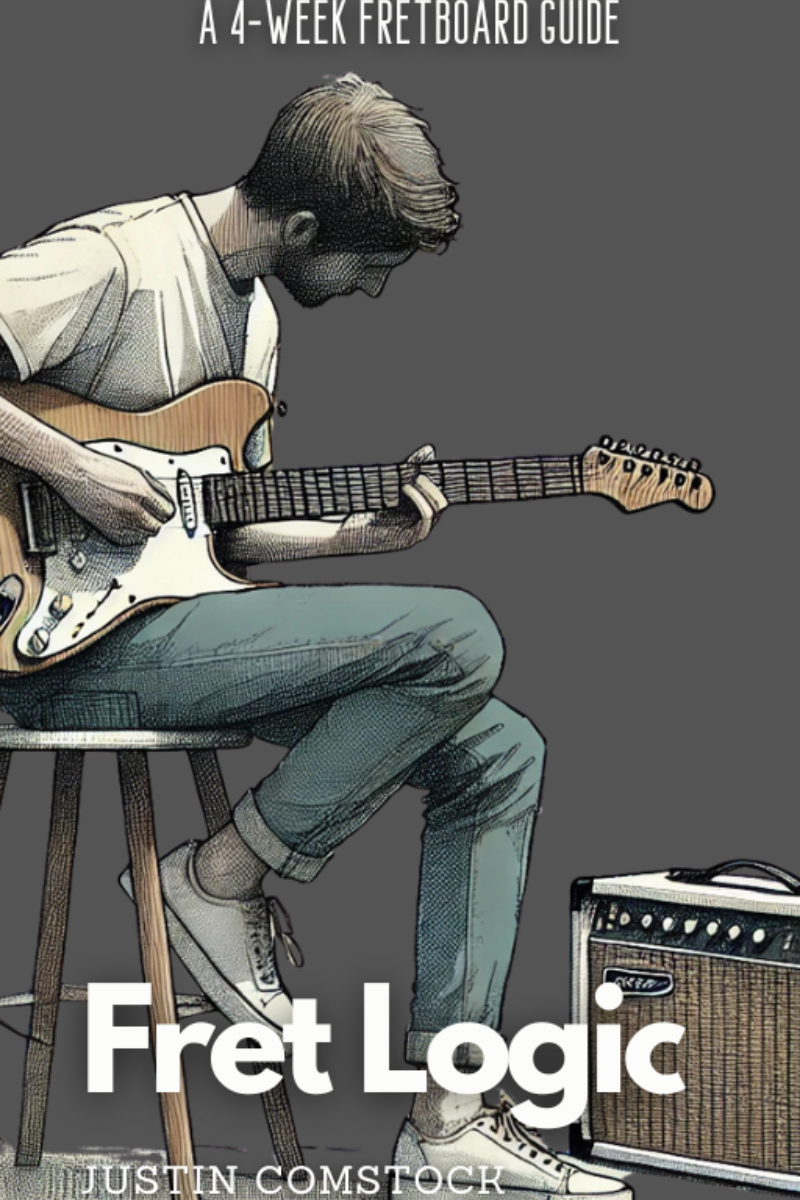
Join Guitar Freaks Hangout on Discord! 🎸
Get Fret Logic FREE!
Join the Guitar Freaks Hangout Discord and get exclusive access to my entire e-book, Fret Logic! Master the fretboard and elevate your solos with this comprehensive guide.
👉 Don’t miss out—join now and download your free copy!
📚 Additional Resources
- Master the Minor Pentatonic Scale Guitar
- Minor Pentatonic: The 5 Patterns
- 12 Minor Pentatonic Scale Exercises
🎶 Take the Next Step
Mastering the minor pentatonic scale on guitar is a journey, and with the right tools and community, it’s an achievable goal. FretDeck™ is designed to guide you every step of the way. Don’t miss this opportunity to elevate your playing.
👉 Support FretDeck™ on Kickstarter
Together, let’s unlock the full potential of the fretboard.
🎸 Want to go beyond the pentatonic scale? Check out our in-depth guide on guitar fretboard scales and learn how to connect scales across the neck.
Need more theory on the pentatonic scale? This Justinguitar lesson breaks down all 5 minor pentatonic patterns with helpful diagrams and videos.

